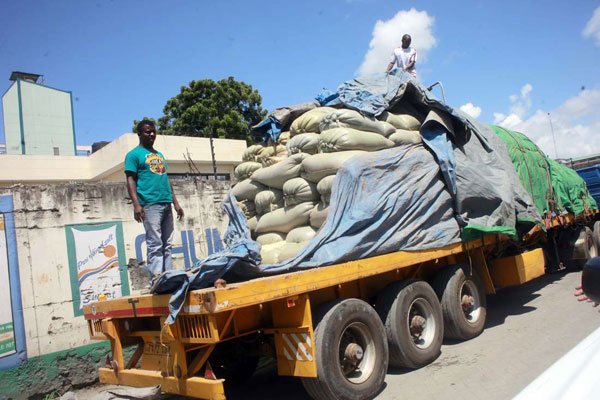
Renson Mwakandana
Tanzania has stopped the issuing of new maize export licenses to Kenyan traders to prevent the commodity shortfall that has already caused flour prices to reach record highs from getting worse.
According to some millers and producers of animal feed in Kenya, the neighboring nation stopped granting permits last week, which restricted the availability of the essential commodity.
Ken Nyaga, the head of the United Grain Millers Association, stated, “We have been unable to get maize from Tanzania since last week after the country stopped issuing export permits to traders with the cutting off of stocks from Tanzania expected to push up the cost of flour.”
Following the decision that has seen processors reduce production, John Gathogo, press secretary of the Association of Kenya Feed Manufacturers, said that their members are unable to receive goods from Tanzania as well.
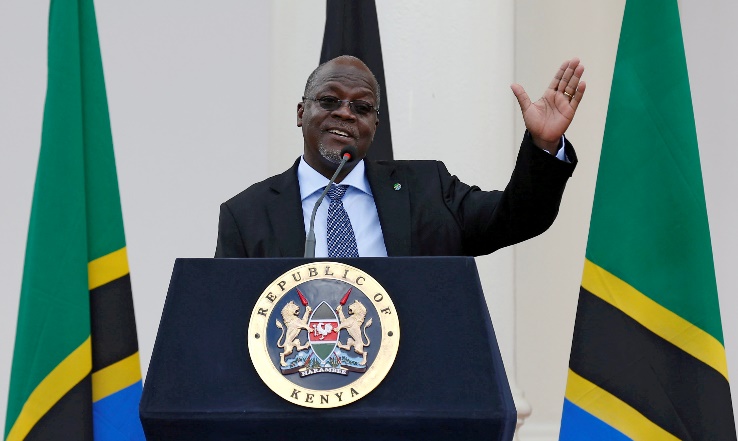
Millers are given single export permission for grains from Tanzania, and they must apply for a fresh one each time they want to export maize from that nation.
Tanzania has developed into a significant source market for maize in the past two years, particularly since the two nations repaired their economic relations with the change in government last year with the passing of former President John Magufuli.
According to data from the Eastern Africa Grain Council, imports from Tanzania virtually increased by five times last year, from 98,000 tonnes in 2020 to 469,474 tonnes. Processors are now vying for locally available supplies and a few imports from Zambia as a result of the change. Tanzania limits exports to save its domestic livestock in the wake of subpar harvests.
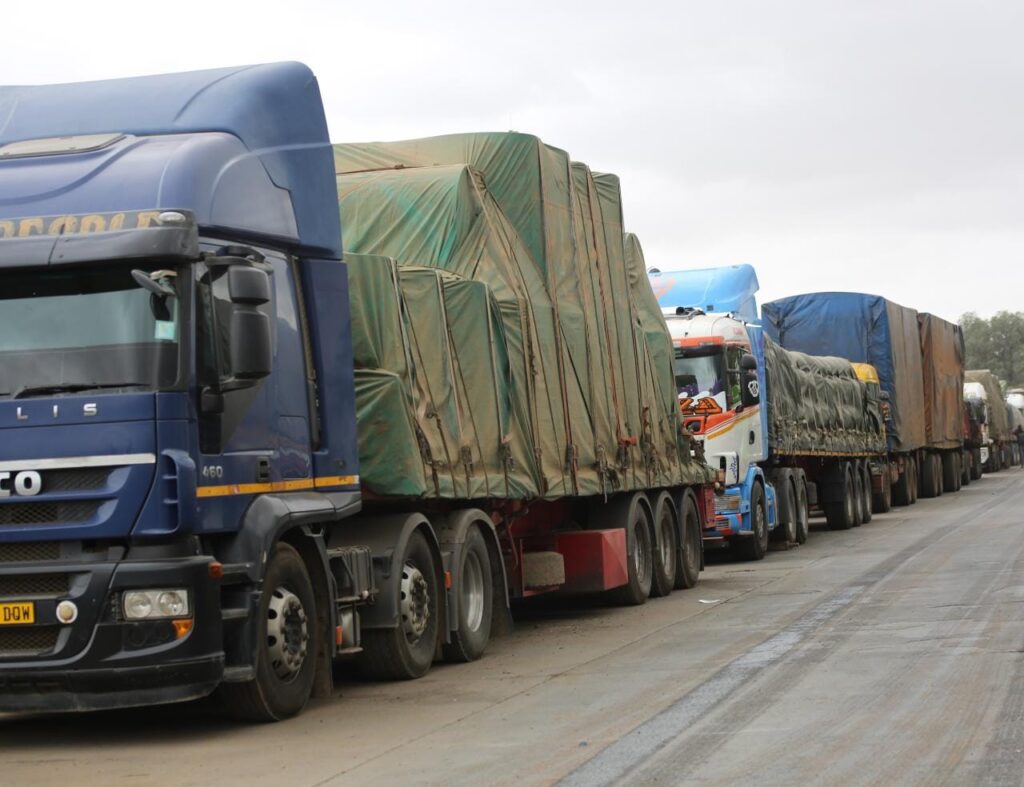
The Kenya Bureau of Standards (KEBS) reported that the amount of maize entering the nation through the Namanga border has drastically decreased, indicating that imports at that point are coming from Zambia.
According to a KEBS employee at the Namanga border, they say that have seen a huge reduction in the amount of maize coming in from Tanzania; on average, are now getting 10 trucks from a high of 80 trucks earlier.
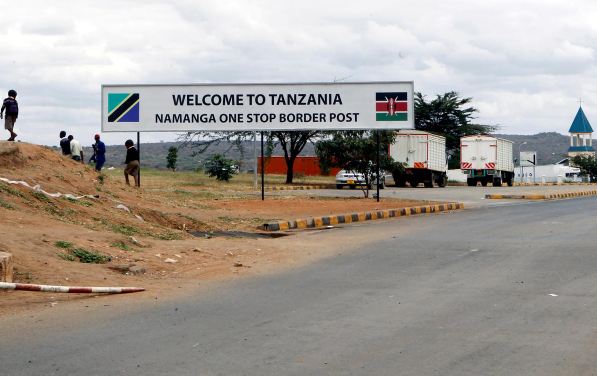
Since most inventories from Uganda, another important supplier, are now being shipped to South Sudan due to high pricing in Juba, Zambia is currently the sole important market for the product to bridge the local shortage.
According to millers, the scarcity brought on by the Tanzanian embargo will cause the price of maize to increase locally from Ksh5,400 ($44.91) for a 90-kilogram bag to Ksh5,900 ($49.06).
Following a decline in the availability of flour on the local market, Kenya has been dependent on cross-border supplies from Tanzania and Uganda to fulfill increased demand. After the subsidy scheme that reduced the cost to Ksh100 ($0.83) for a two-kilo box expired, the price of flour increased to Ksh210 ($1.75).
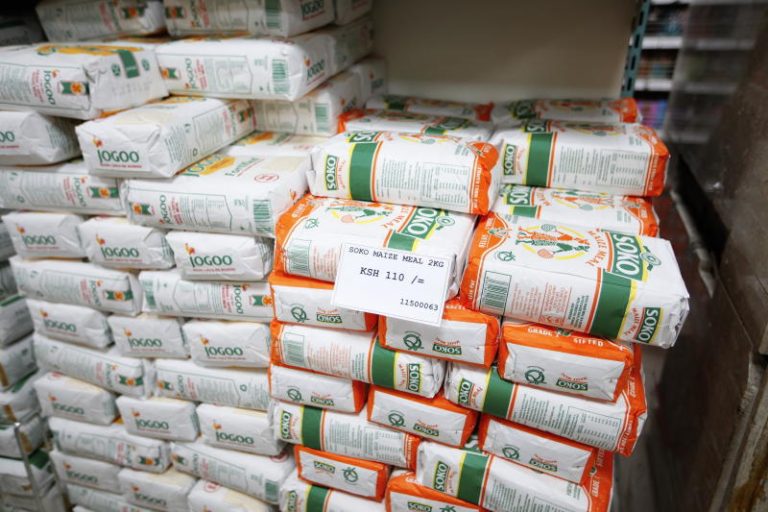
The region’s nations are vying for a limited supply of white maize, which is used to make flour and animal feed.




